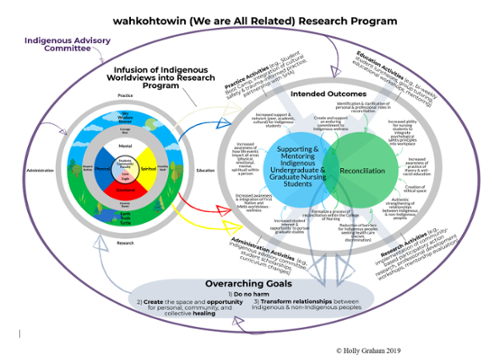Indigenous Research Chair in Nursing
wahkohtowin (We are All Related)
 Dr. Holly Graham, RN, BA, BScN, MN, PhD, R.D. Psychologist, a member of the Thunderchild First Nation, was awarded an Indigenous Research Chair in Nursing in April 2020.
Dr. Holly Graham, RN, BA, BScN, MN, PhD, R.D. Psychologist, a member of the Thunderchild First Nation, was awarded an Indigenous Research Chair in Nursing in April 2020.
Entitled wahkohtowin, this research chair is focused on mentorship and reconciliation, with the goal of improving the health of Indigenous (First Nation, Métis, and Inuit) peoples. This is one of six such chairs awarded across Canada.
These Indigenous Research Chairs in Nursing will promote research in Indigenous Health Nursing, thus furthering the development of knowledge and best and wise practices in the area of nursing practice, education, research and administration.
In addition, the Chair supports research to understand social, economic and cultural determinants of health and Indigenous holistic health practices to improve the health of Indigenous Peoples, and mentors undergraduate and graduate student nurses.
Funding for the new University of Saskatchewan (USask) chair will total almost $1.05 million, with contributions of $666,500 from Canadian Institutes of Health Research (CIHR), $308,500 from the Saskatchewan Health Research Foundation (SHRF), $10,000 from the Canadian Nurses Foundation (CNF), and $60,000 from USask.
Indigenous Research Chair News Releases
USask Announcement
SHRF Announcement
Indigenous Research Chair Keynote Presentation at College of Nursing Research & Scholarship Day June 2021
Dr. Graham created this model to illustrate the principles of wahkohtowin, how we are all interconnected and interrelated. The late Mr. Austin Tootoosis (kihte-ayak), a member of the Poundmaker Cree Nation, explained basic wahkohtowin principles to Holly before his passing in November 2022. All activities within this Chair will be addressed holistically and will honour the Seven Sacred Grandfather Teachings. Ultimately, the goal of Dr. Graham’s Chair is to do no harm, create the space and opportunity for personal, community, and collective healing; and transform relationships between Indigenous and Non-Indigenous peoples. To achieve these goals, she will focus on mentorship and reconciliation within nursing education in Saskatchewan.
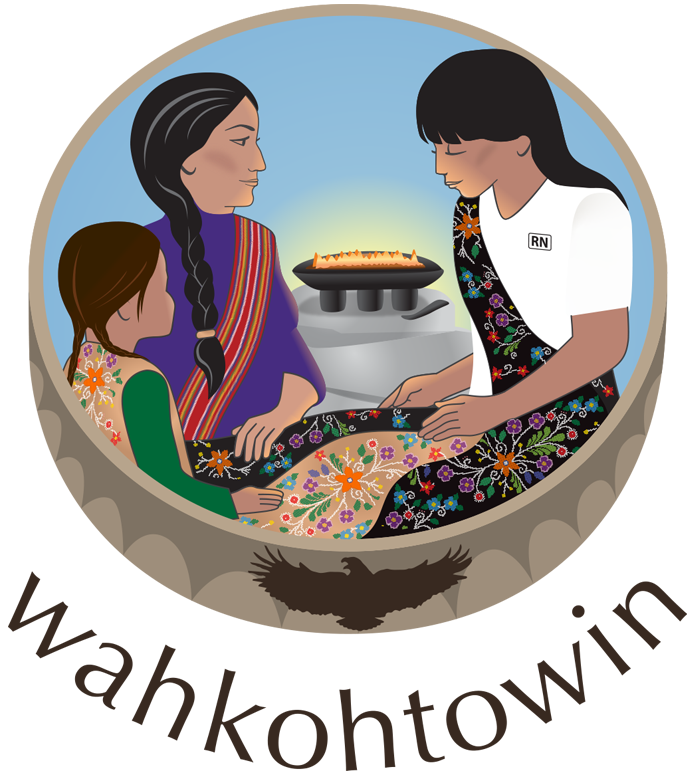
wahkohtowin
This Cree word is used across Turtle Island to describe kinship. wahkotowin explains how we are related and interconnected to each other and to all of creation in the sky, on the land, in the water, and within the ground. Within this kinship there are Cree codes of conduct that describe personal and collective responsibility to each other and to our environment.
The Indigenous Advisory Committee
The Indigenous Advisory Committee (IAC) provides support and mentorship to Dr. Holly Graham in her role as Indigenous Research Chair. They advise on the implementation of the Chair’s priorities.
IAC membership consists of faculty from the University of Saskatchewan, University of Regina and Saskatchewan Polytechnic, Elders, students, and community members.
IAC Committee Members
Terms of Reference
Chair Initiatives
The Indigenous Research Chair in Nursing will provide an annual award to graduates of a nursing program pursuing a master or doctoral degree. Applicants will focus their research in the area of Indigenous (First Nation, Métis, and Inuit) wellness. Preference will be given to Indigenous applicants who are exploring mentorship and reconciliation in nursing practice, research, education and administration.
To be eligible, applicants must have current licensure with the College of Registered Nurses of Saskatchewan (CRNS) or with their provincial or territorial licensing body. Preference is given to Saskatchewan applicants. The applicant must have at least one or more years of nursing experience following graduation.
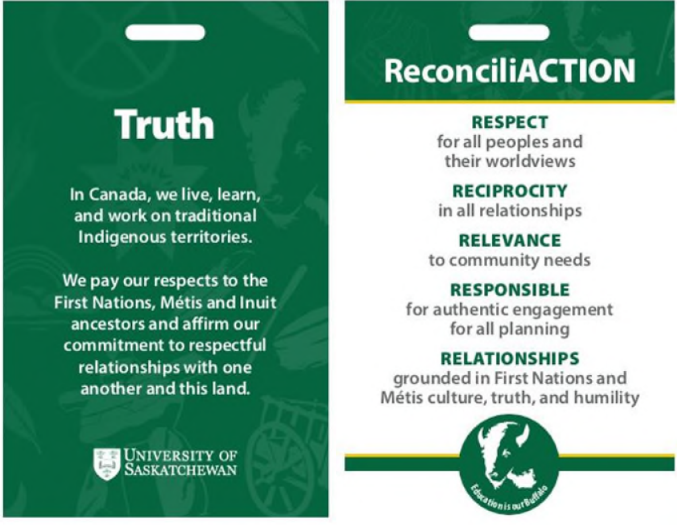
Dr. Graham co-chaired the 2018 Gathering for miyomahcihowin and the 2020 Gathering for miyomahcihowin and mii yoo naa kaa twayh ta mihk. Both Gatherings were planned to address health topics chosen by First Nations, Métis and Inuit community partners in Saskatchewan. The planning committee for this gathering created this lanyard card as a meaningful gift for participants. Although the 2020 conference was cancelled due to COVID-19, Dr. Graham has now gifted the card to the USask College of Nursing, with a long term plan to share widely across Saskatchewan.
This card was developed through the collective efforts of many people who carefully reflected on the Truth and Reconciliation Commission’s (TRC) Calls to Action.
Learn more about the development of the reconciliation lanyard cards here.
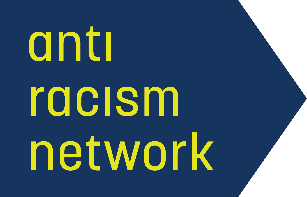 |
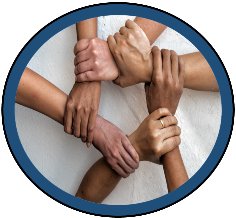 |
The Indigenous Research Chair in Nursing has collaborated with the Anti-Racism Network to offer a three module, six day Anti-Racism Education series. Each module is two days, seven hours each day, and in addition requires four to six hours of preparation with readings and videos. At the end of the series, participants will have a basic understanding of racist policies and history in Canada, and have a number of strategies to recognize and challenge racism and advocate for social justice.
Dr. Graham is committed to funding this training annually (2019 – 2024) for University of Saskatchewan, University of Regina, and Saskatchewan Polytechnic nursing staff, clinical instructors and faculty and other USask colleges and departments, as well as allied health professionals in Saskatchewan. Please note the College of Registered Nurses of Saskatchewan (CRNS) will accept these hours towards continuing education credits.
If you are interested in getting on the waiting list for the next offering of Anti-Racism Education, please contact us.
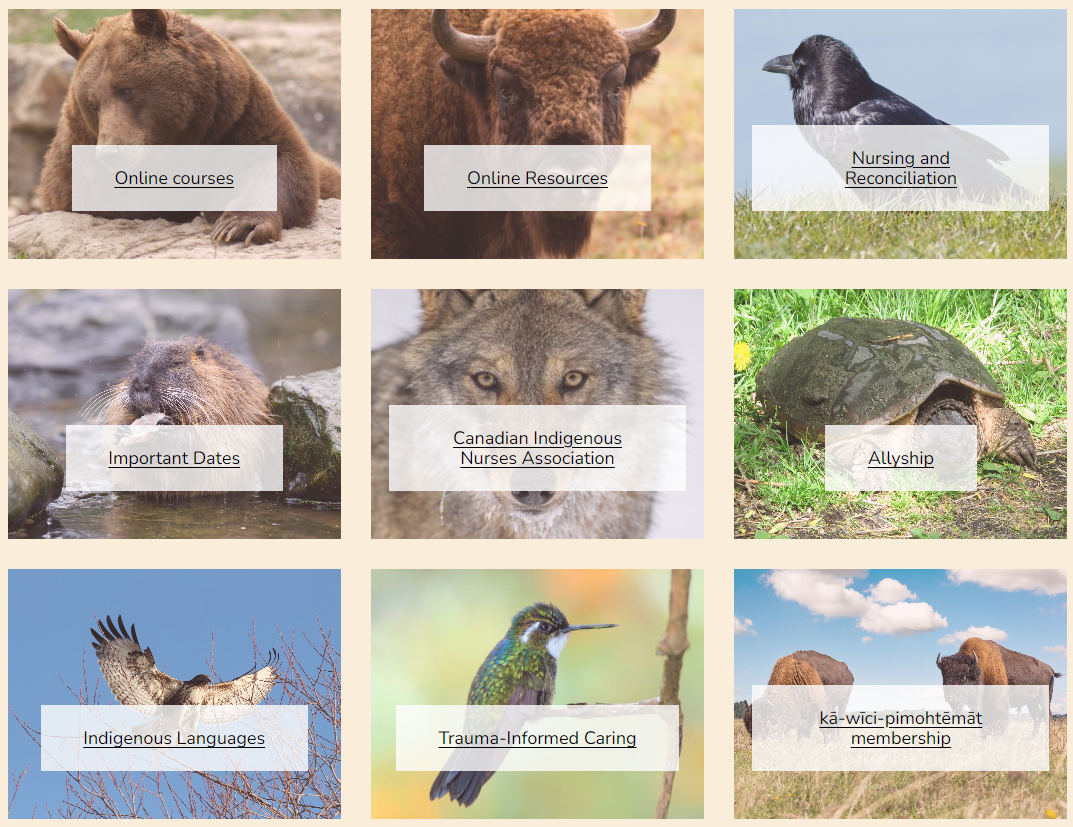
Dr. Graham has initiated the creation of the first Indigenous Professional Practice Group (PPG) through the College of Registered Nurses of Saskatchewan (CRNS). This group is called kā-wīci-pimohtēmāt (pronounced: gaah-weechi-bimohte-maat), which is a Cree word meaning s/he who walks with others in their journey. The purpose of this group is to educate, collaborate, and enable all Saskatchewan nurses to work together to address the current health disparities between Indigenous and non-Indigenous peoples, and to facilitate a platform for direct communication between the College of Registered Nurses of Saskatchewan (CRNS) and the Indigenous nurses in this province, in line with The Truth and Reconciliation Calls to Action.
The founding members of kā-wīci-pimohtēmāt PPG are:
- President: Holly Graham
- Vice-President: Brenda Mishak
- Secretary: Requel Rope
- Treasurer: Tania Kristoff
- Member at large: Sharon Ahenakew
The PPG has created a website with numerous resources on history, allyship, online courses and much more at this link.
SHOP
Mugs, t-shirts and jackets can be purchased through the College of Nursing.
College of Nursing faculty and staff can request mugs on this page.
For anyone else interested in purchasing a mug, they are available during the bi-annual clothing order in the College of Nursing.
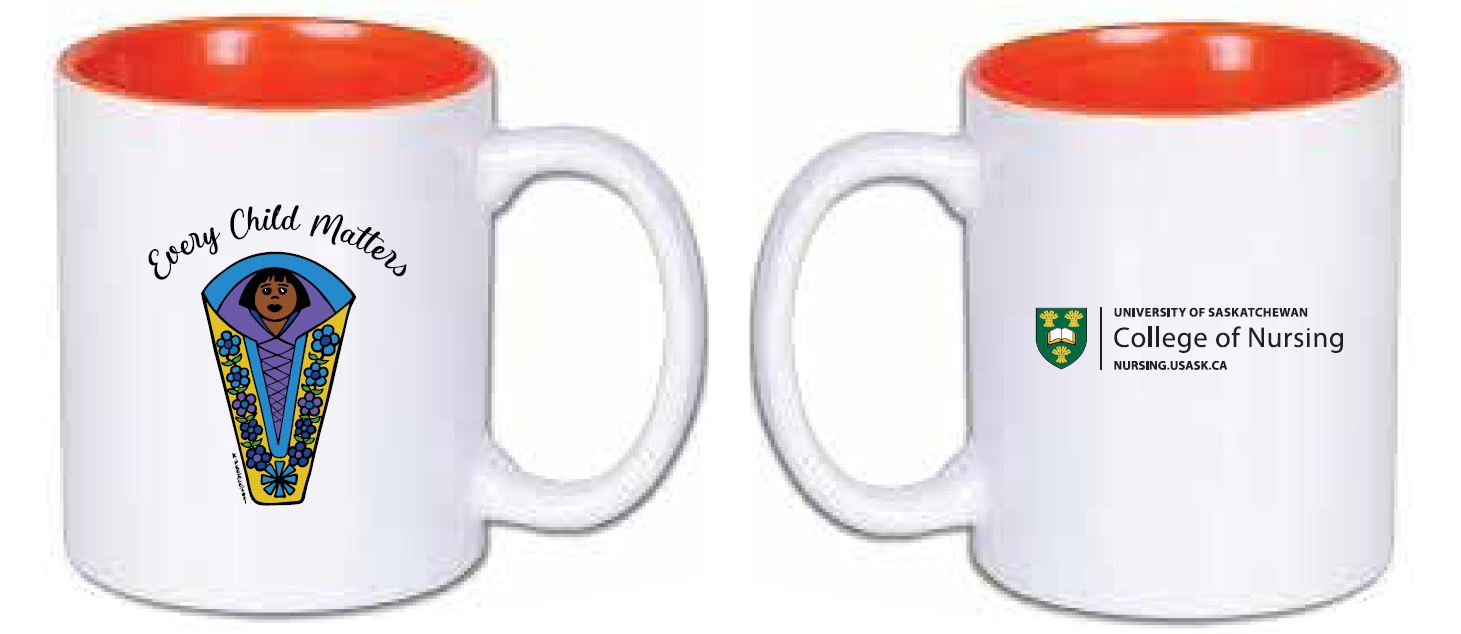
The t-shirts and jackets shown below will be available during the bi-annual clothing order in the College.
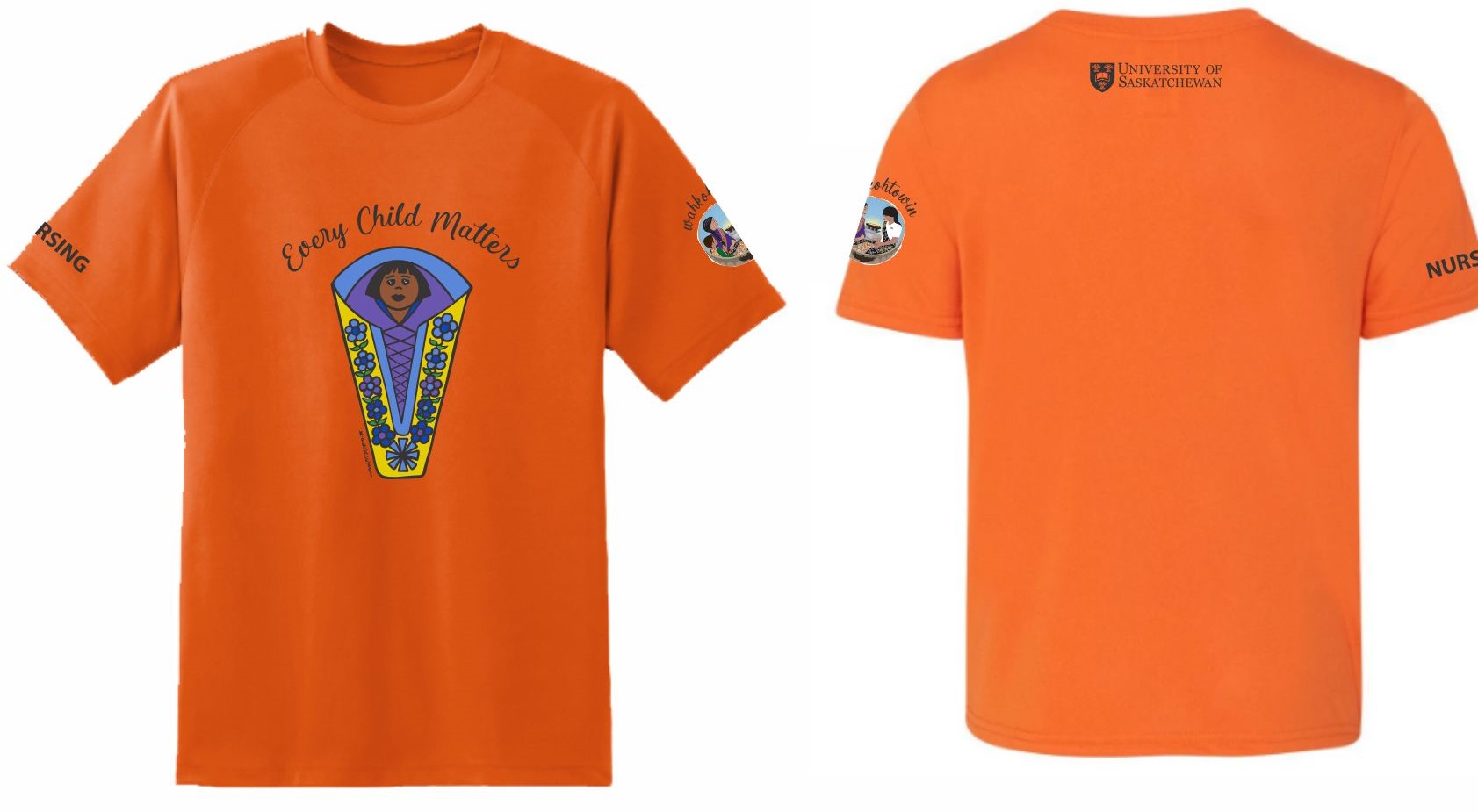
The mug and t-shirt features art by local Indigenous artist Kevin Pee-ace. This art was commissioned by the Indigenous Research Chair in Nursing. The shirt also features the Indigenous Research Chair in Nursing logo representing wahkohtowin (we are all related) on one sleeve, and the word NURSING on the other sleeve.
The jackets featuring the wahkohtowin logo will also be available during the bi-annual clothing order. These jackets are polyester/polyester brushed tricot, breathable yet water resistant, with a contoured fit, a zippered right chest pocket, and zippered hand pockets. Internal storm cuffs. Ladies sizes XS-4XL.
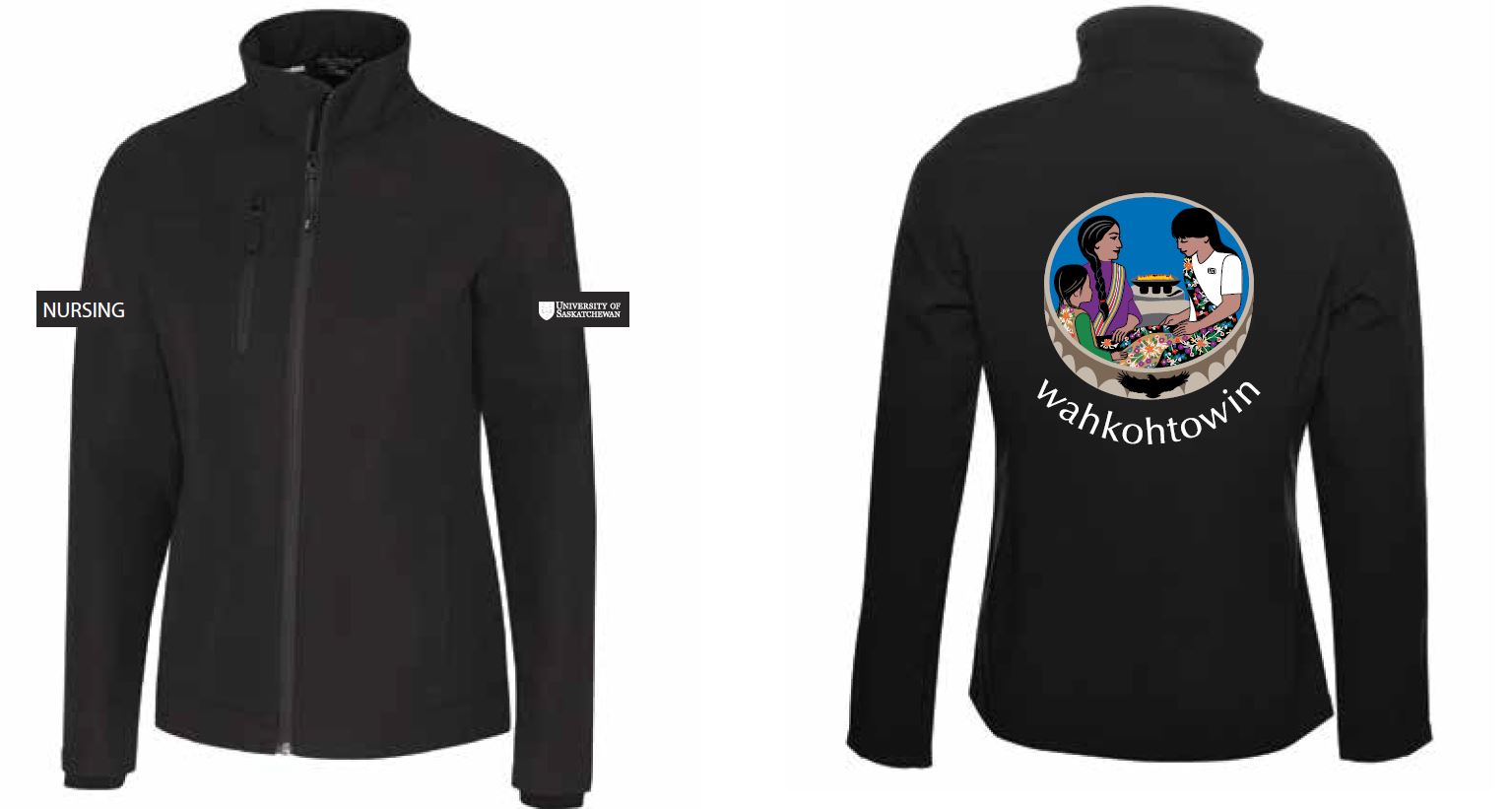
Research Projects
FMHRN (SK-NEIHR)
Canadian Institutes of Health Research (CIHR), announced funding to establish nine Indigenous health research centres across Canada under its Network Environments for Indigenous Health Research (NEIHR) program. This network of centres will be funded from 2020 to 2035, to create and sustain supportive research driven by and grounded in Indigenous communities in Canada. Dr. Graham is one of the Scientific Directors for the First Nation Research Centre.
Recordings of the SK NEIHR webinars can be viewed here. Learn more about how to get involved in Indigenous Health Research in Saskatchewan.
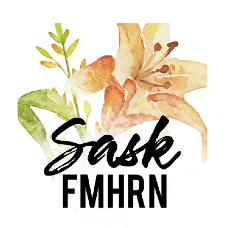
Ontario NEIHR
Also funded through Canadian Institutes of Health Research (CIHR), Ontario NEIHR is a national network for ending Indigenous illness and promoting Indigenous mental health and healing. Dr. Graham is on the leadership team for this group, and is the theme lead for Healing from Trauma and Reducing Addictions.
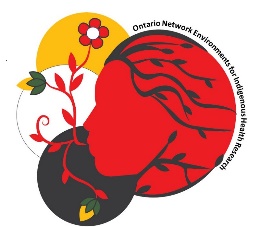
At these camps, First Nations youth have positive social interactions and participate in land-based learning and healing as part of reclaiming and rebuilding their First Nation identity.
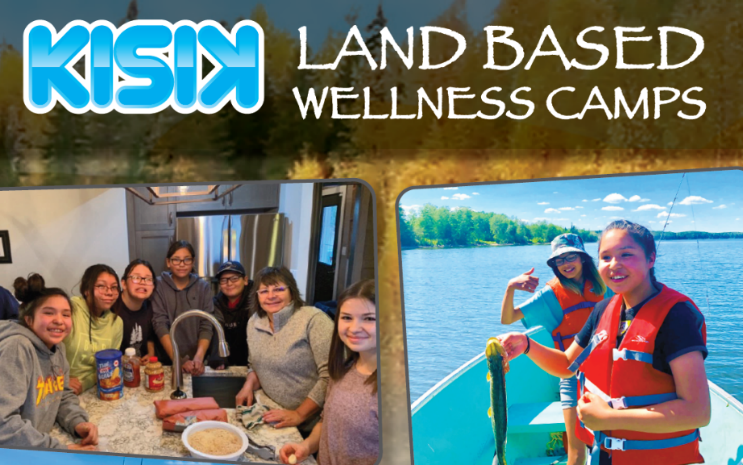
The National Indian Brotherhood funded this project 2019-20 with a grant of $95,898. Their support allows youth from White Buffalo Youth Lodge to attend these camps.


The overarching objective of this project is crime prevention, to decrease the current rates of Indigenous incarceration, and to mitigate recidivism via culturally–adapted interventions for youth and their families in the Little Pine First Nation and Poundmaker Cree Nation, SK. Ultimately, the project aims to create and sustain safer communities for both Indigenous and non-Indigenous peoples.
Global News - Focus Saskatchewan Interview
This project is funded by the Ontario Network Environments for Indigenous Health Research (NEIHR).

Dr. Graham is working with Muskoday First Nation to develop a community wellness plan based on the Cree Spiritual Laws. Mr. Austin Tootoosis (kihte-ayak) will provide the first virtual seminar, Recovery: Reclaiming and Rebuilding our Indigenousness, for Indigenous communities.
Certificate Courses
These online courses cover a variety of topics on Indigenous concerns, and some are offered at little to no cost to the participant.
Based on a viral article, 21 Things You May Not Know About the Indian Act is a guide to understanding the legal document and its repercussions on generations of Indigenous Peoples. Now there is a 3 hour self-guided online course that is the perfect companion to the book.
Are you a health care professional or staff who wants to work towards reconciliation and decolonization in the workplace? Nourish Leadership has developed an online course with four ‘seasons’ or chapters. . A variety of multimedia resources provide the backbone for learning, reflecting and engaging on colonization, Indigenous histories and cultures, Indigenous foodways, and steps towards decolonized food in health care. This course is offered at no cost to the learner.
Access it at https://www.nourishleadership.ca/fiom-learning-journey-landing
Indigenous Canada is a 12-lesson Massive Open Online Course (MOOC) from the University of Alberta Faculty of Native Studies that explores Indigenous histories and contemporary issues in Canada. Created from an Indigenous perspective, this course explores key issues facing Indigenous peoples today from a historical and critical perspective highlighting national and local Indigenous-settler relations. Topics for the 12 lessons include the fur trade and other exchange relationships, land claims and environmental impacts, legal systems and rights, political conflicts and alliances, Indigenous political activism, and contemporary Indigenous life and art. The course takes about 21 hours to complete, and is 100% online and free to audit. You can also earn a certificate for a small fee.
Register here: https://www.coursera.org/learn/indigenous-canada.
The San’yas Indigenous Cultural Safety Training Program is an Indigenous-led, policy-driven, and systems-level educational intervention to foster health equity and mitigate the effects of systemic racism experienced by Indigenous people in health and other sectors.
Register at this link: https://sanyas.ca/registration#National
These online courses and films provide a comprehensive, customized anti-racist education in line with the Truth and Reconciliation Commission's 94 Calls to Action. This material aims to promote a renewed relationship between Indigenous Peoples and Canadian Settlers through transformative multi-media learning.
https://www.reconciliationeducation.ca/
This learning module is available through the University of Saskatchewan’s Teaching and Learning Centre, and is an introduction to the concepts of colonization, whiteness, power, and privilege.
In 1876, the young country of Canada passed a set of laws intended to govern First Nations people in Canada. Decades later, those laws still exist and are largely unchanged.
So, how and why did The Indian Act come to be? And why is it still on the books? This episode of The Secret Life of Canada from CBC Podcasts explores the federal law that overhauled settler-Indigenous relations.
Resources
There are many excellent resources available to help us learn more about Indigenous culture and history and the important work of the Truth and Reconciliation commission, as well as conducting research with Indigenous communities. We have provided some of these resources and important dates below.
Are you interested in learning more about Indigenous peoples, their culture and history, and the importance of the Truth and Reconciliation Commission of Canada’s Calls to Action? Here is a curated list of resources.
Anti-Racism in Health Care: Dr. Graham's Keynote from the Canadian Federation of Mental Health Nurses Conference 2021, Acknowledging and Addressing Indigenous-Specific Racism within Health Care.
Understanding Canadian history, specifically the relationship between Indigenous and non-Indigenous peoples within health care, is an essential foundation for all health care providers. Undeniably, Indigenous peoples have received different treatment and care within Canada – now known as discrimination, racism, and Indigenous-specific racism, which is perpetuated by systemic racism. With awareness and personal and professional commitment, nurses are best situated to create new narratives that embody respectful, safe, and competent care for all Indigenous peoples.
This presentation was also given as a keynote at the SUN Power Conference in 2011.
The University of Saskatchewan’ Office of the Vice-Provost Indigenous Engagement has created an Anti-Racism and Anti-Oppression website.
A Practical Guide to assist students with conducting a literature search at the University of Saskatchewan.
Orange Shirt Day: September 30th has been chosen as Orange Shirt Day, a way for Canadians to commemorate the residential school experience, honour the healing journey of the survivors and their families, and commit to the ongoing process of reconciliation.
Video
Elders Judy Pelly and Gilbert Kewistep, both residential school survivors, explain the purpose of Orange Shirt Day in this video. (6 minutes 45 seconds).
April 10th is Indigenous Nurses Day. Watch this 11 minute video to learn about the strength, resilience, leadership and hard work of Indigenous, Inuit and Métis nurses across Turtle Island.
A series of webinars on Indigenous Nurses Day from Thompson Rivers University:
Morning Grandmothers Circle and Ceremony (37 minutes)
Afternoon Celebration and Gathering (1 hour 44 minutes)
Evening Intergenerational Indigenous Nurses Circle (1 hour)
Readings
There are many books about the Residential School experience available. These books by local First Nations Cree writer and Parliamentary Poet Laureate Louise Bernice Halfe are available online and at local bookstores:
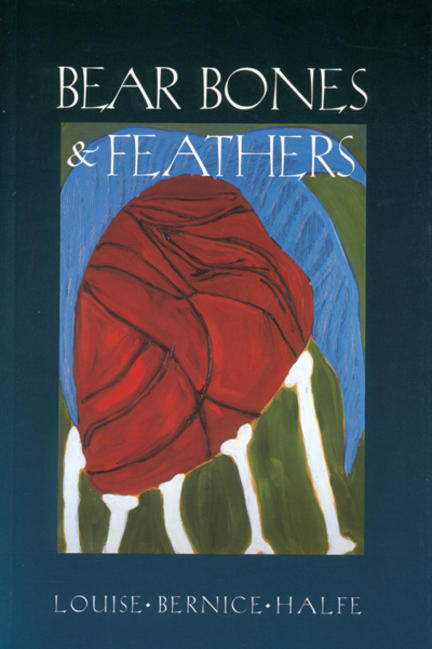
|
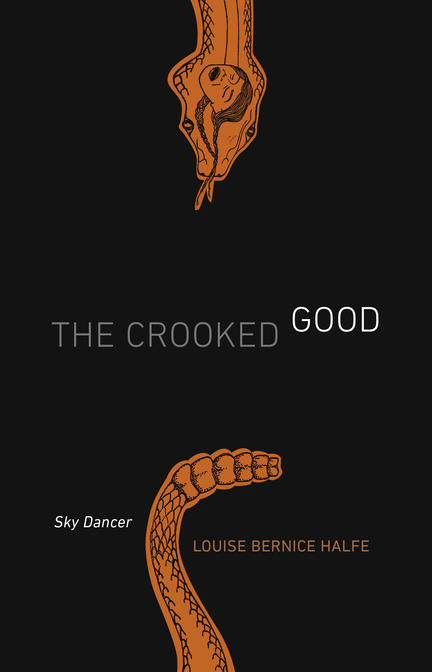
|
National Indigenous People’s Day: June 21st is National Indigenous People’s Day. This is a day for all Canadians to recognize and celebrate the unique heritage, diverse cultures, and outstanding contributions of First Nations, Inuit, and Métis peoples.
Indigenous Research Chair Team
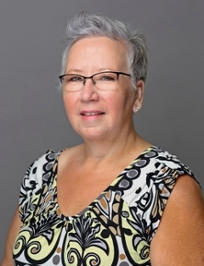
Tammy Morrison, BAC
Financial Analyst
Tammy assists with the financial administration of the Chair projects, and planning and administration of events. She is Métis from Bengough/Big Muddy in southern Saskatchewan.
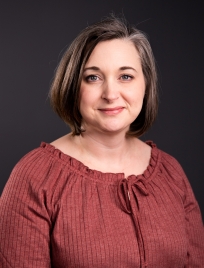
Jennifer Rysavy, BSc
Research Coordinator
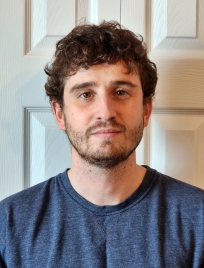
Patrick Sullivan
Research Assistant


